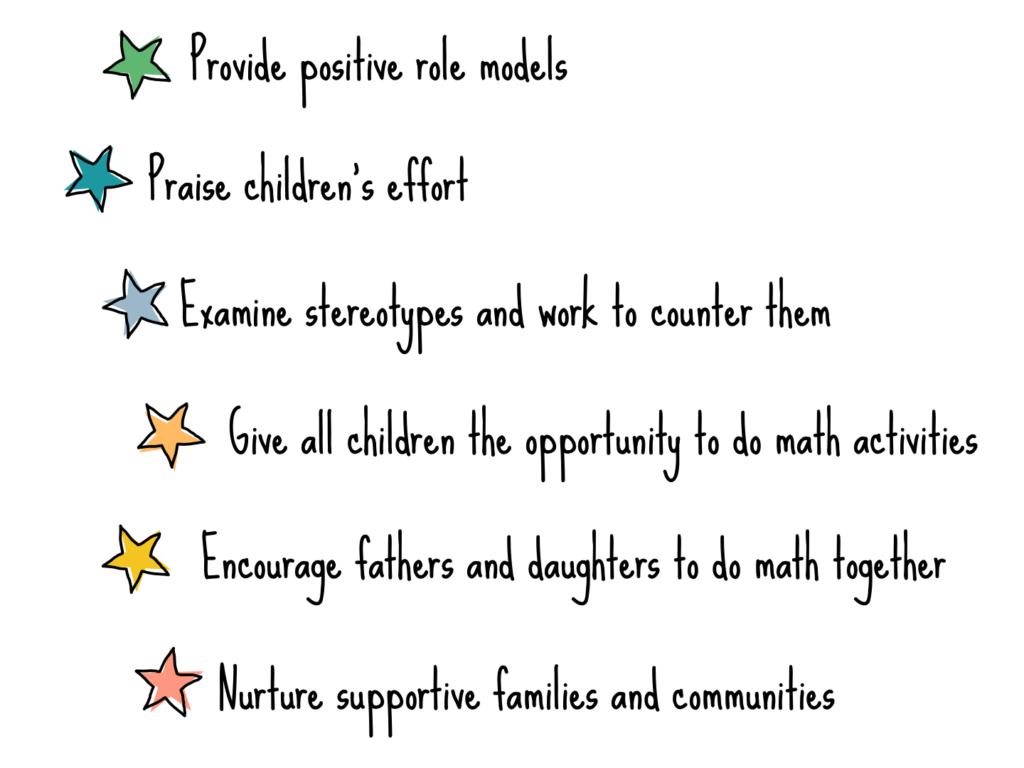
We’ve covered a lot in this module, so let’s take a moment to sum up.
Research shows that:
- A healthy sense of self is fundamental to child development and important for learning
- Like adults, young children process experiences at both a conscious and an unconscious level
- Children rely on their self-esteem to form social groups and friendships
- Positive self-esteem can provide an emotional buffer against everyday setbacks and difficulties
- Stereotypes, biases and other negative influences can harm a child’s sense of self and disrupt academic learning
There are things parents and teachers can do to help children develop a healthy sense of self. They can:
- Provide positive role models that children can identify with, especially in school
- Praise children for the effort they put in, not their personal ability
- Help children understand that difficulty is not failure, but a normal part of learning
- Examine the stereotypes that we all hold and work to counter them
- Give all children the opportunity to do math activities – fathers helping their daughters with these activities is a particularly powerful way to counter STEM stereotypes
- Nurture supportive family and communities so that children feel safe, included, and valued
When we do these things, we fill a child’s backpack so that they are resilient and ready for the many life adventures that await.
-
- Academic sense of self
- how a person thinks of themself as a student
- Bias
- the belief that some people or ideas are better than others, usually resulting in unfair treatment
- BIPOC
- Black, Indigenous, people of color
- Conscious
- thoughts or feelings that we are aware of
- Growth mindset
- the belief that, with effort, you can learn and achieve new things.
- In-group preference
- the tendency to form close relationships with others in a person’s same groups
- Self-esteem
- a cluster of characteristics, such as feeling confident, having pride in oneself, and a sense of self-worth
- Sense of self
- how a person thinks and feels about their self
- Stereotype
- a widespread belief that a person must have a trait because they belong to a particular group
- Unconscious
- thoughts or feelings that we are unaware of